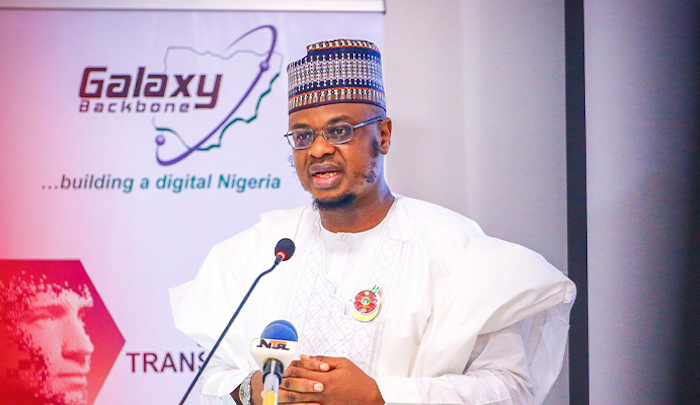In an unexpected AI translation error, Meta’s platforms falsely declared Karnataka Chief Minister Siddaramaiah had “passed away” after mistranslating his Kannada-language condolence post for veteran actress B Saroja Devi. The auto-translation glitch, which circulated on Facebook and Instagram, triggered immediate backlash from the Indian politician, who accused Meta’s AI systems of “distorting facts” and spreading misinformation.
Meta Apologizes for “Inaccurate Translation” as Karnataka Government Demands Fixes
A Meta spokesperson confirmed to Press Trust of India (PTI) that the company had resolved the issue but acknowledged the damage caused. “We fixed an issue that briefly caused this inaccurate Kannada translation. We apologize that this happened,” the statement read. However, the Karnataka CM’s office escalated the matter, with media advisor KV Prabhakar writing to Meta demanding a temporary suspension of Kannada auto-translation until accuracy improves.

Political Fallout: Siddaramaiah Slams Meta for “Dangerous” Misinformation Risk
The mistranslation—which wrongly converted the Kannada tribute post into “The multilingual star, senior actress B Sarojadevi who passed away yesterday, paid his last respects”—drew sharp criticism from Siddaramaiah, who warned that such errors could have severe consequences for official government communications. The incident highlights growing concerns about AI reliability in multilingual contexts, particularly for Indian regional languages like Kannada.
Will Meta Suspend Kannada Translations?
Despite demands from the Karnataka government to halt Kannada auto-translations until language experts can verify their accuracy, Meta has not committed to any changes. The controversy raises broader questions about social media platforms’ accountability in non-English markets, where AI translation errors could fuel misinformation crises.
This incident adds to mounting scrutiny of Meta’s AI tools in India, where language diversity poses unique challenges for machine translation. With Kannada spoken by over 50 million people, the blunder underscores the need for better linguistic safeguards in global tech platforms.

















